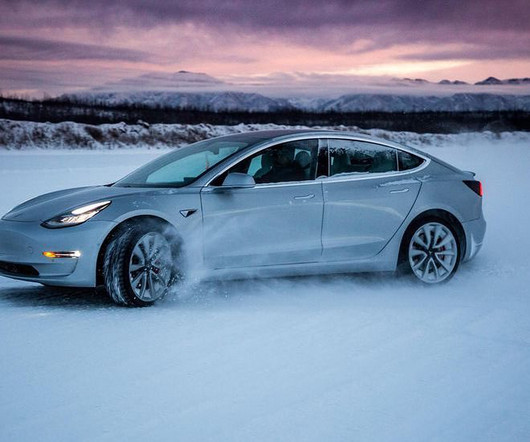CU Boulder study: routine household activities generate air quality on par with major polluted city
Green Car Congress
FEBRUARY 18, 2019
Cooking, cleaning and other routine household activities generate significant levels of volatile and particulate chemicals inside the average home, leading to indoor air quality levels on par with a polluted major city, according to a study by researchers at the University of Colorado Boulder. Earlier post.).













Let's personalize your content